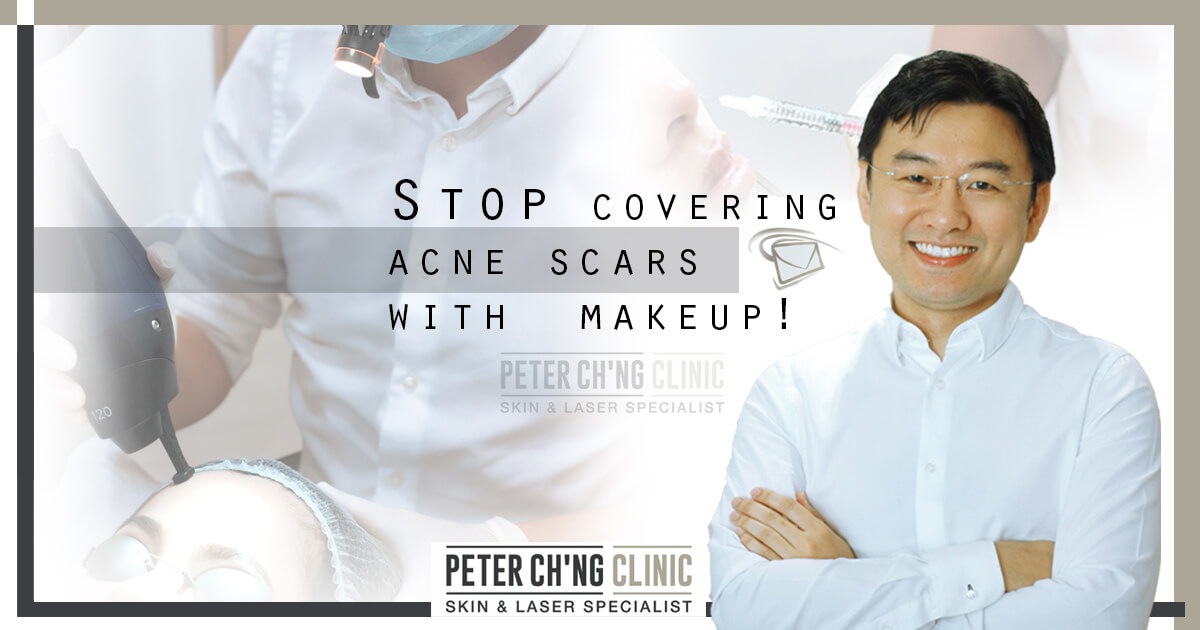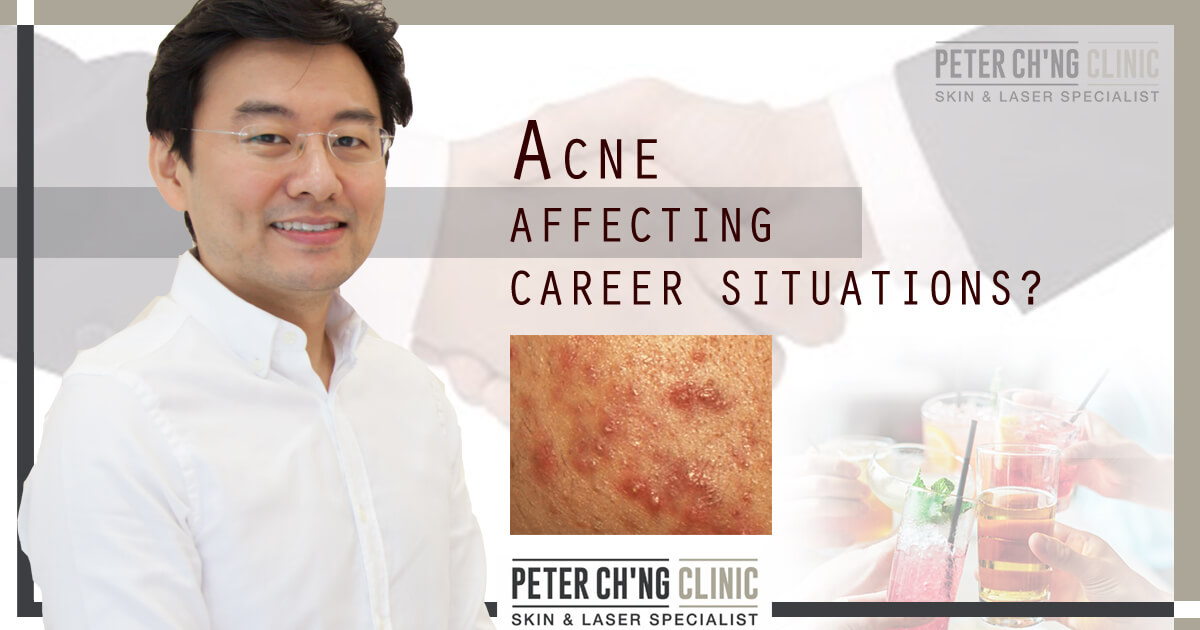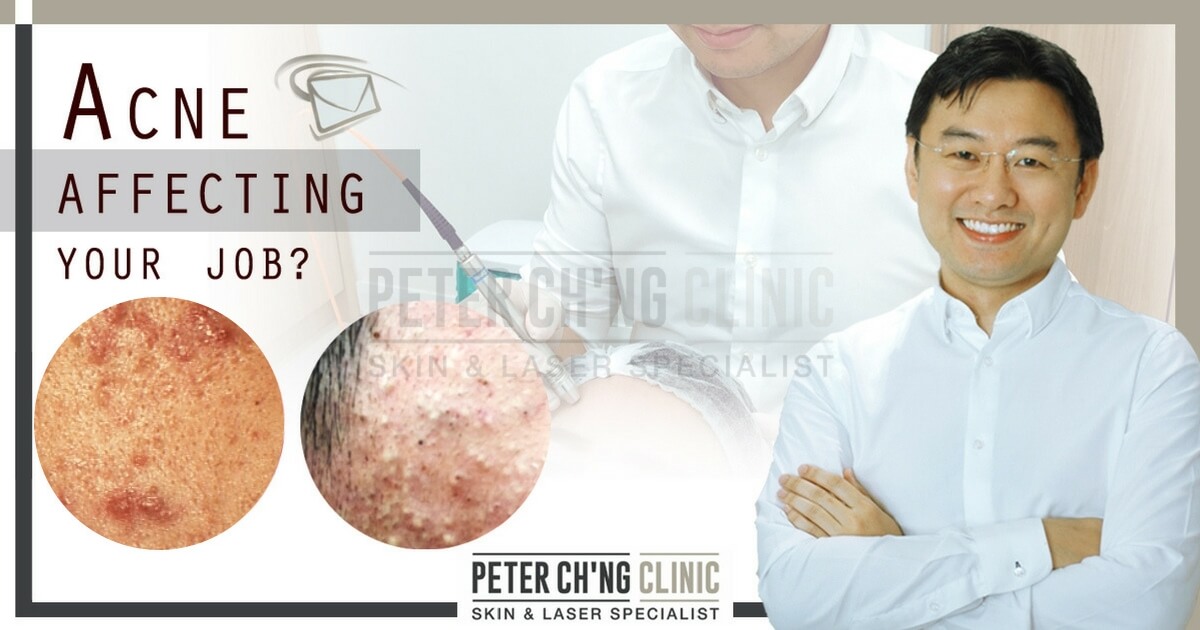5 Bad Habits That Can Cause Acne Scars
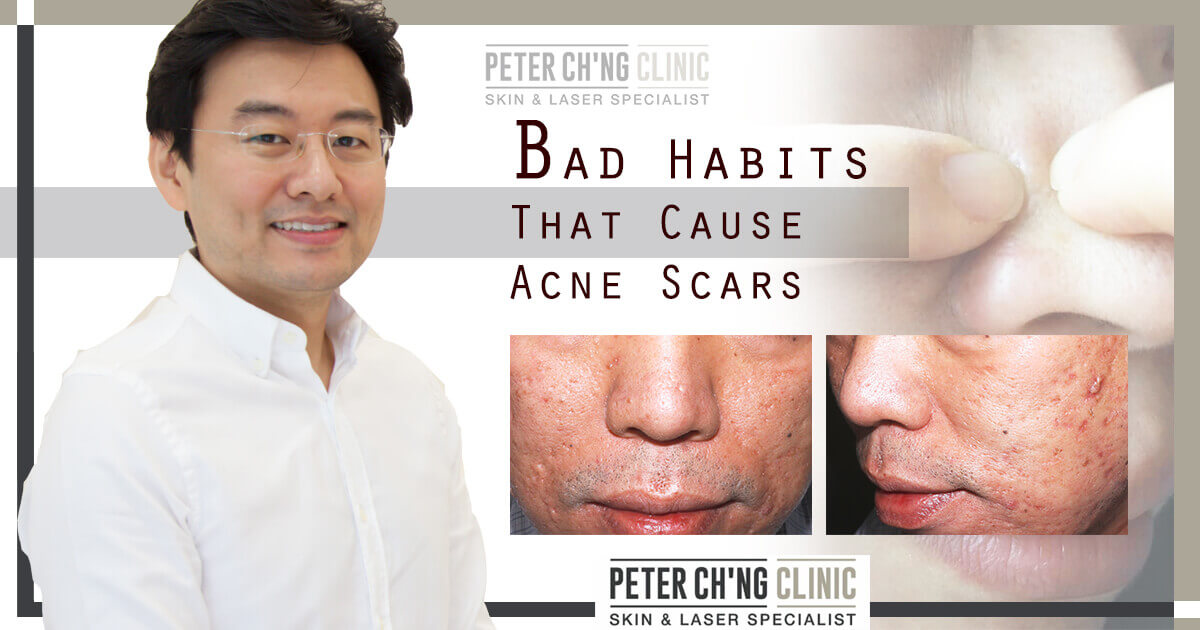
Did you know that acne and acne scars has a prevalence of over 67.5% among adolescents in Malaysia? And in 50% of these cases, acne and acne scars continues to persist into adulthood, usually occuring on our face, back and chest.1
So it is a very common problem for many people. Acne scar is also one of the most commonly asked about problem by patients, which is why Dr Peter took the time to write about how we can treat acne scars last week. You can check it out here: Patient Mailbox: Tired of Concealing Acne Scars with Makeup
Dr Peter Ch’ng is a Consultant Dermatologist actively involved in numerous talks and workshops, and is an esteemed contributor to dermatology research and publishing internationally. He practices at both Peter Ch'ng Clinic Skin & Laser Specialist in Desa Park City and Gleneagles Hospital Kuala Lumpur.
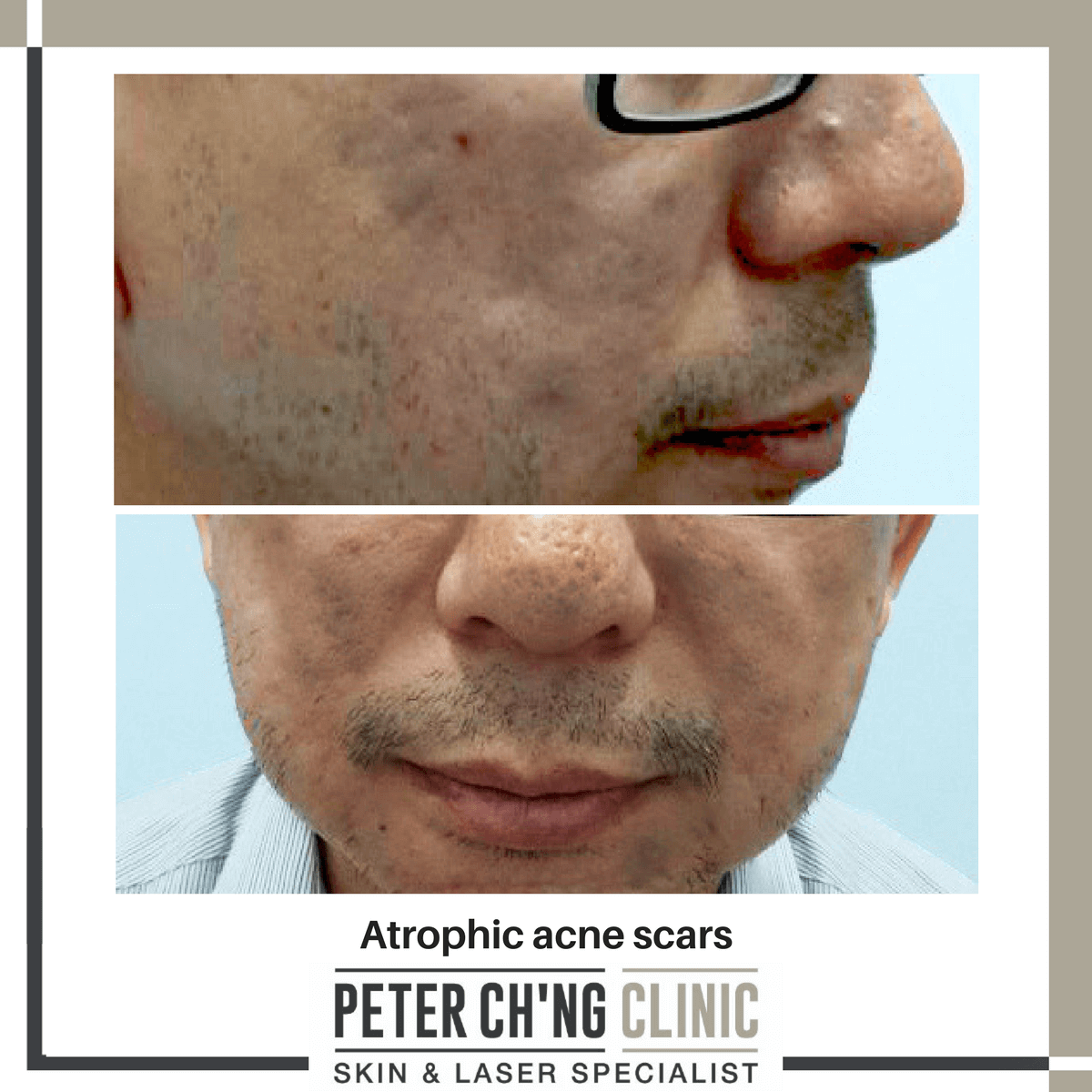
What actually forms our acne scars? The main reason for the formation of acne scars is the damage to the skin during the healing of acne.
In this process, there is either a loss or gain of collagen that occurs.
About 80% of acne scars are atrophic scars. These are scars that look like the skin sinking into little holes due to a loss of tissue and collagen.2
On the other hand, the remaining minority of acne scars are hypertrophic scars. These are the scars that occur due to our body producing too much collagen as our acne wounds heal, creating masses of raised tissue on the skin surface.
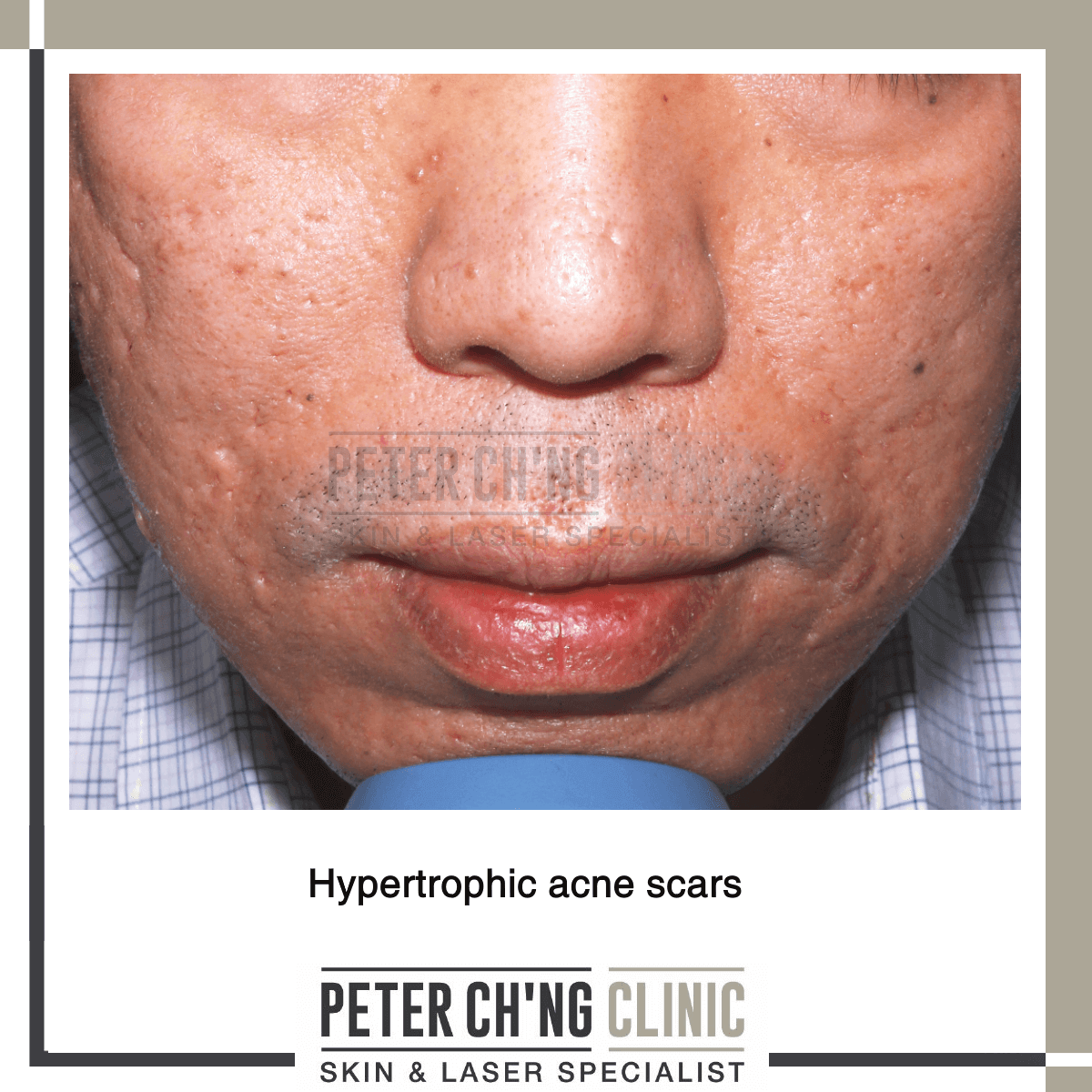
Once acne scars are formed, they can be permanent, and only able to be gotten rid of via medical treatments.
But are we making things worse by causing our own scarring through our bad habits?
1. Popping pimples
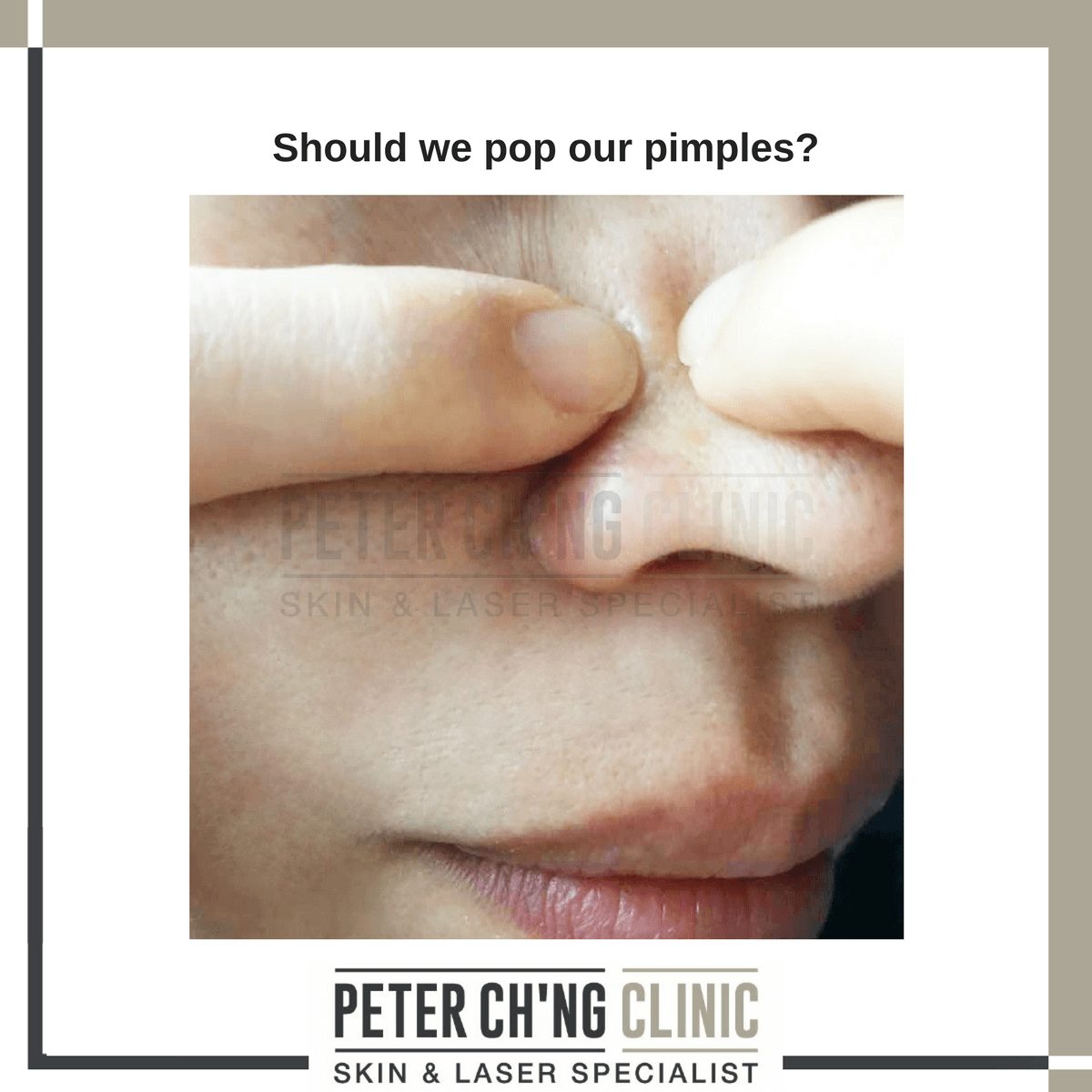
"I used to have acne during my teenage years going into early adulthood. And because I used to squeeze them regularly, my face is left with acne scars now even though I seldom have acne anymore." - customer service consultant, 27
Do you pop your pimples? Many of us do, and a lot of us find it difficult to resist the urge of squeezing the liquid out of our pimples for that sense of satisfaction.
However, popping pimples and acne can cause trauma and damage to the skin. Pinching the skin around the pimple can increase inflammation and chances of infection, leading to permanent scarring.
Besides, bacteria from the liquid squeezed out of the pimple can splatter and land on other pores around the area. This can cause more pimple outbreak.
When we press on the pimples, we may also push the bacteria deeper into the layers of our skin. And our hands can also introduce new bacteria into the exposed pore after popping a pimple.
Instead of popping our pimples and running the risk of acne scarring, we should seek for medical treatments for our acne instead. To know more about acne treatments, see Dr Peter's previous article here: Patient Mailbox: Acne Affects My Job
2. Squeezing pores and blackheads
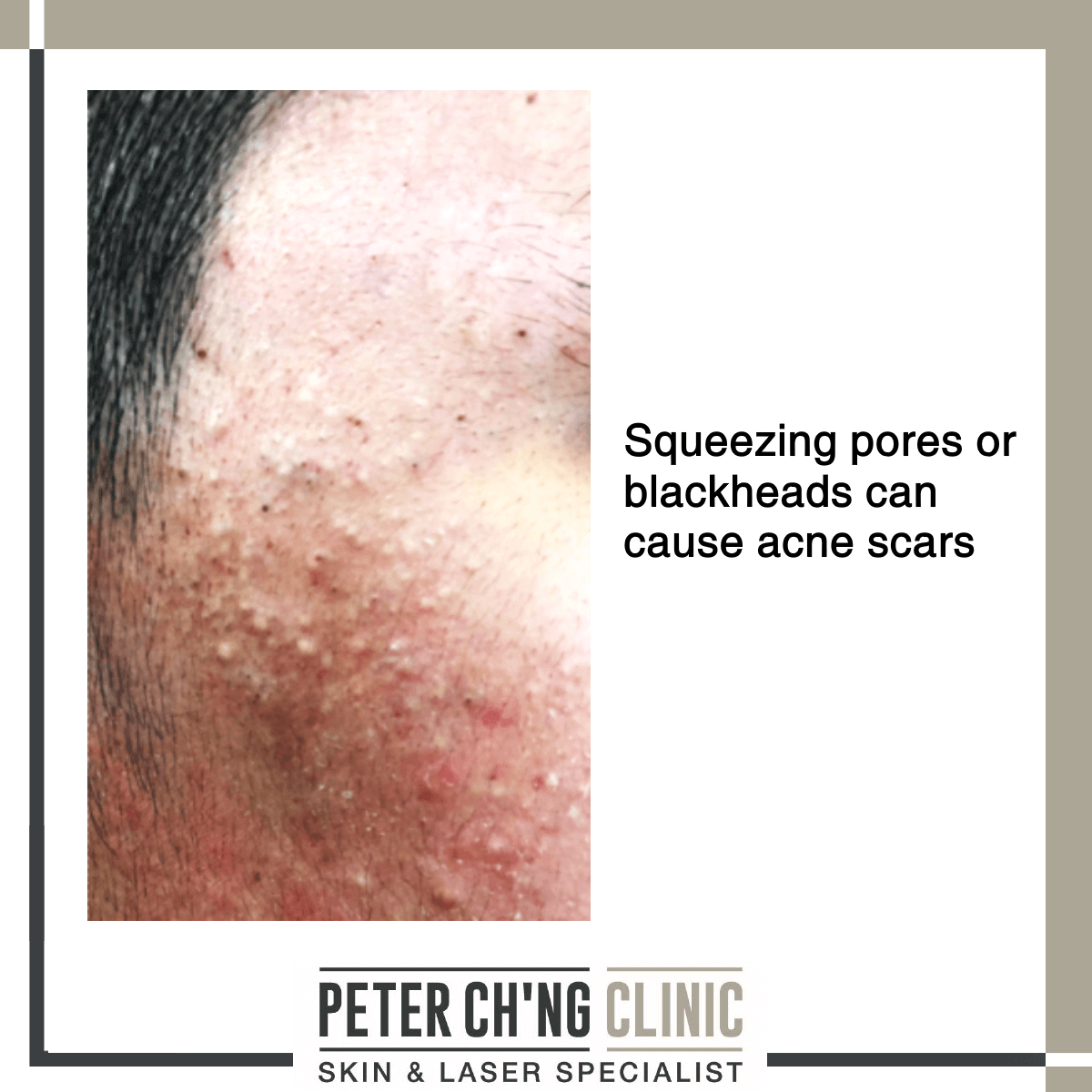
"I have oily skin and tend to have blackheads. I always love to squeeze these blackheads to get rid of them. Turns out, instead of getting rid of them I created acne scars all over." - office accountant, 31
Other than pimples, we also tend to squeeze our pores and our blackheads. However, this is strongly not advisable as squeezing our pores can enlarge or damage our pores and the deeper layers of our skin.
Damaged pores can leave permanent scarring on our skin. Furthermore, if our pores rupture from extracting blackheads, the sebum and bacteria released from the deeper layers of the skin can cause inflammatory responses, leaving scars on our face. Blackhead extraction also leaves pores vulnerable to external bacteria.
3. Overusing Makeup to conceal acne

"I always have to conceal these scars with makeup everytime I go out, whether it is to work or to meet up with people, because when I don't, I get people staring at me or asking me about my face." - customer service consultant, 27
Using thick makeup to conceal acne can block our skin pores, trapping bacteria and oil in them. This will lead to even worse acne, or infect existing acne causing inflammation and acne scars.
Some makeup products also contain oil or comedogenic ingredients, so we should be careful when choosing these products and don't layer up too much to cover up our acne and acne scars.
4. Not treating inflammatory acne
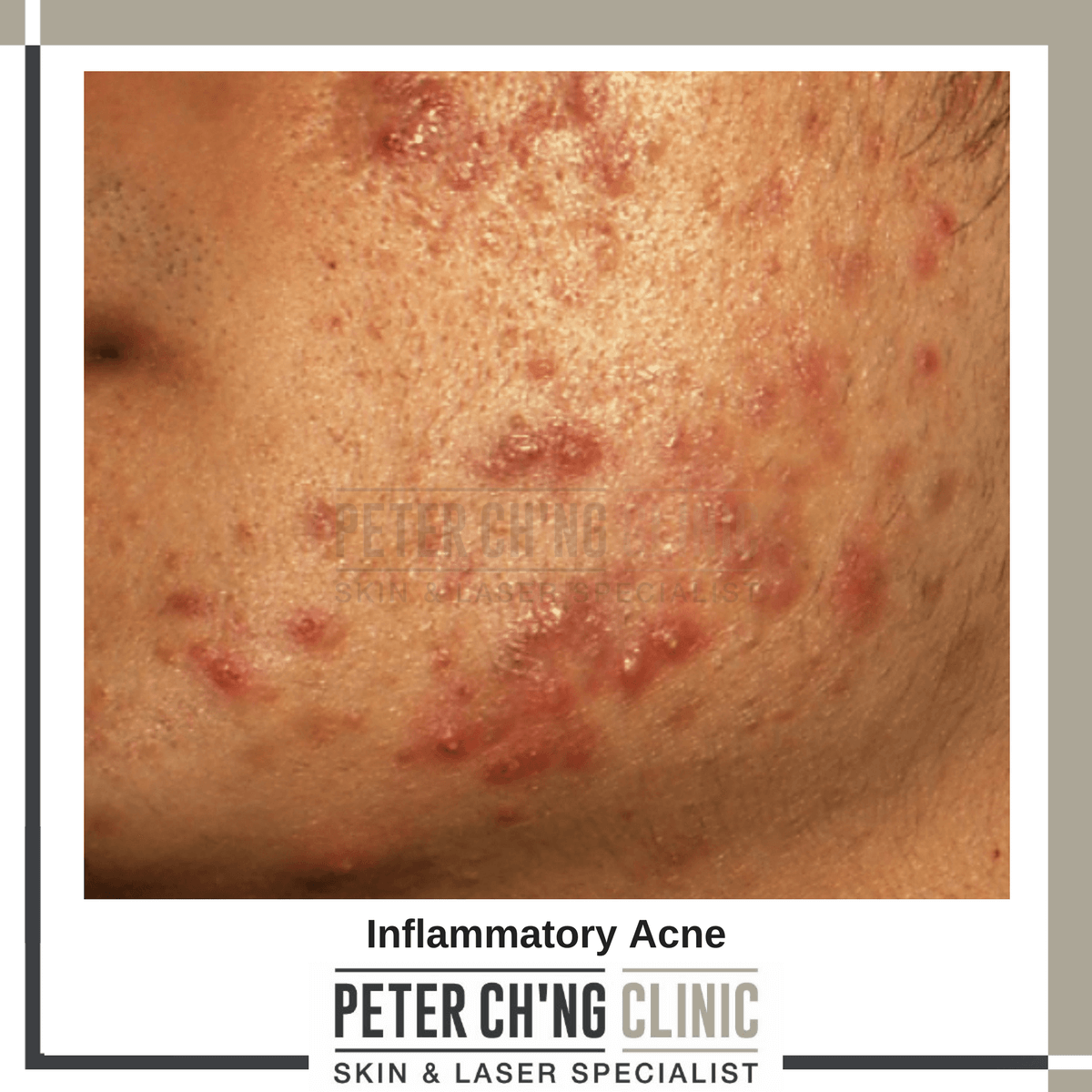
"My friends told me that my acne will go away one day if I just ignore them. It had been 3 years and my face was still filled with big, red acne, until I decided to seek to medical treatment." - student, 24
Inflammatory acne, like acne cysts and nodule, are the acne with big red bumps you find on your skin. They usually contain fluid or are made up of pus filled cavity.
If we leave inflammatory acne untreated, they can cause permanent dilation among the small blood capillaries near the skin surface. So even when the acne is gone, red marks and scars will still stay on the face.
Unlike mild acne, inflammatory acne affects deeper layers of the skin. The longer we leave them untreated, the higher the risk of them turning into permanent acne scars.
Treatments like laser and microdermabrasion can treat inflammatory acne before they get worse and leave scars on our face. To know more about how you can treat the acne on your face, call us at +6011-22882299, WhatsApp us here, or book an appointment with Dr Peter here!
5. Over-irritating inflammatory acne without a dermatologist's advice
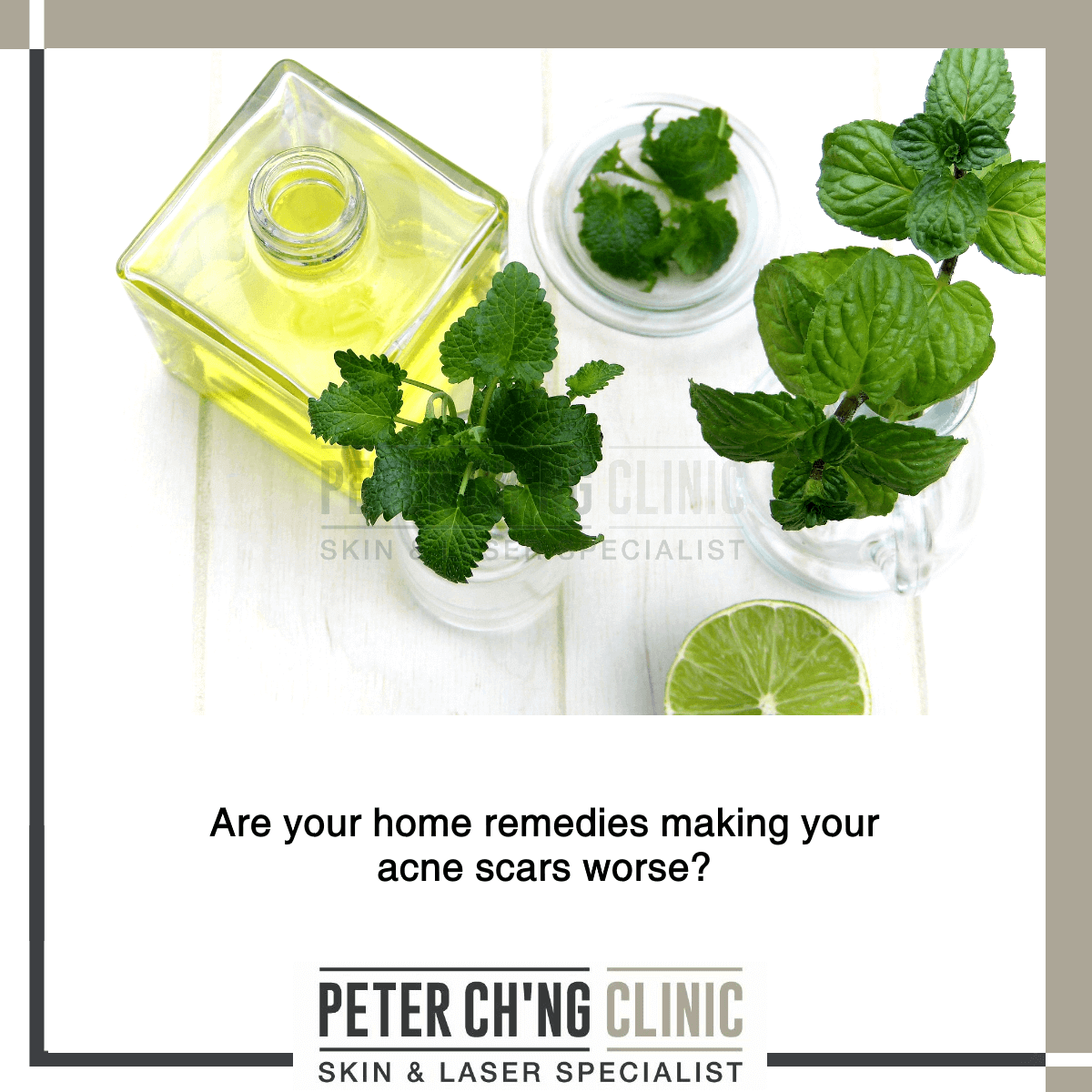
"My acne is pretty terrible and my skin is always oily, too. I have tried plenty of home remedies but they don’t seem to work. Some made my skin really dry and painful, too." - sales executive, 22
While certain home remedies may be useful in temporarily soothing our skin condition, carelessly applying the wrong or unsuitable substances on our acne may worsen our skin condition or leave scars on our face.
Using ingredients like oil and powder can block our pores, trapping bacteria and suffocating the pores from releasing oil naturally. Remedies that use alcohol can dehydrate the skin, leaving our skin dry and exposed to other skin conditions like eczema.
Some “remedies” like lemon and tea tree oil may even cause contact eczema - we won’t want that!
Besides, everyone's skin characteristics are different and we react differently to different ingredients or substances. Before we decide to try any remedies, we should first get professional advice from a dermatologist.
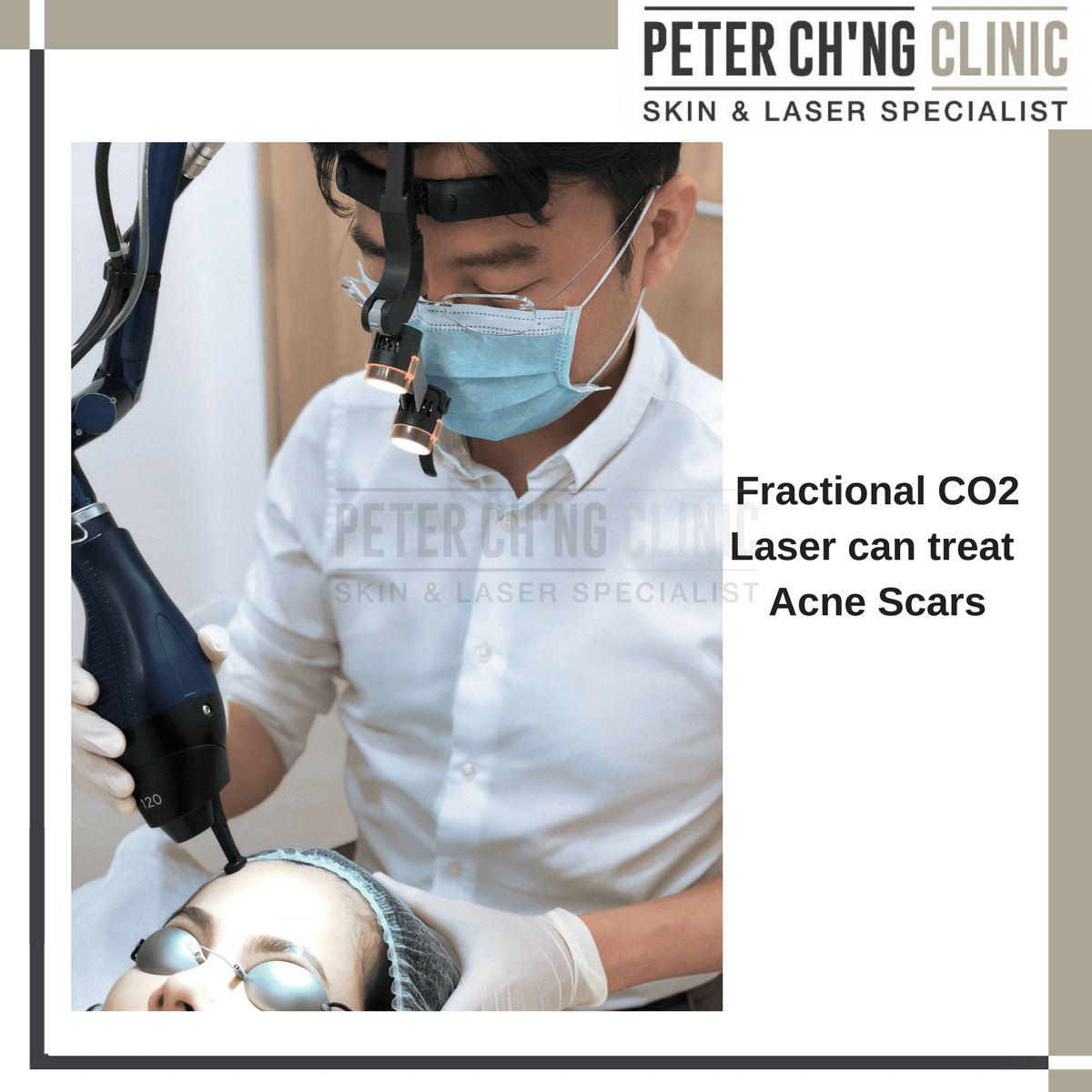
Medical treatments like laser treatments, filler injections, and chemical peel can help treat acne scars effectively.
If you wish to get Dr Peter's medical advice on how to treat your acne and acne scars effectively, call us at +6011-22882299, WhatsApp us here, or book an appointment with Dr Peter here!
We’ll be going back to the Patient Mailbox series next week with Dr Loo, so stay tuned!
*Editor’s note: As an esteemed dermatologist and skin specialist, Dr Peter prides himself in being able to treat acne patients of all types, with a 100% acne treatment success record. If you’d like to ask more about acne or have a discussion with Dr Peter, you can contact us at +6011-22882299, Whatsapp us here, or book an appointment with Dr Peter here!

If you’d like to ask more about your skin condition or have a discussion with Dr Peter, you can contact us at +6011-22882299, Whatsapp us, or book an appointment with Dr Peter here!
Treatments mentioned in this article :
Laser Treatments for Acne and Acne Scars
Laser treatments can reduce inflammation, as the laser light is absorbed by the haemoglobin (our red blood cells), and is useful for treating inflammatory acne.
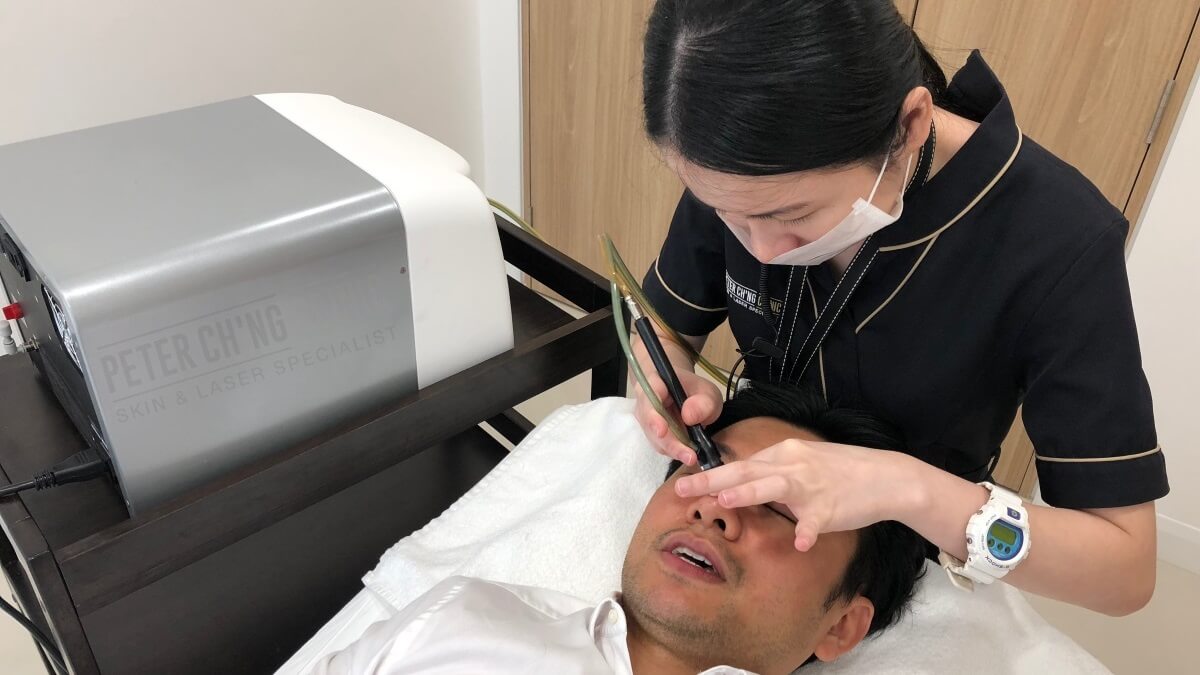
Microdermabrasion/SilkPeel
Microdermabrasion is a treatment that rejuvenates your skin by removing the dead skin on the surface.
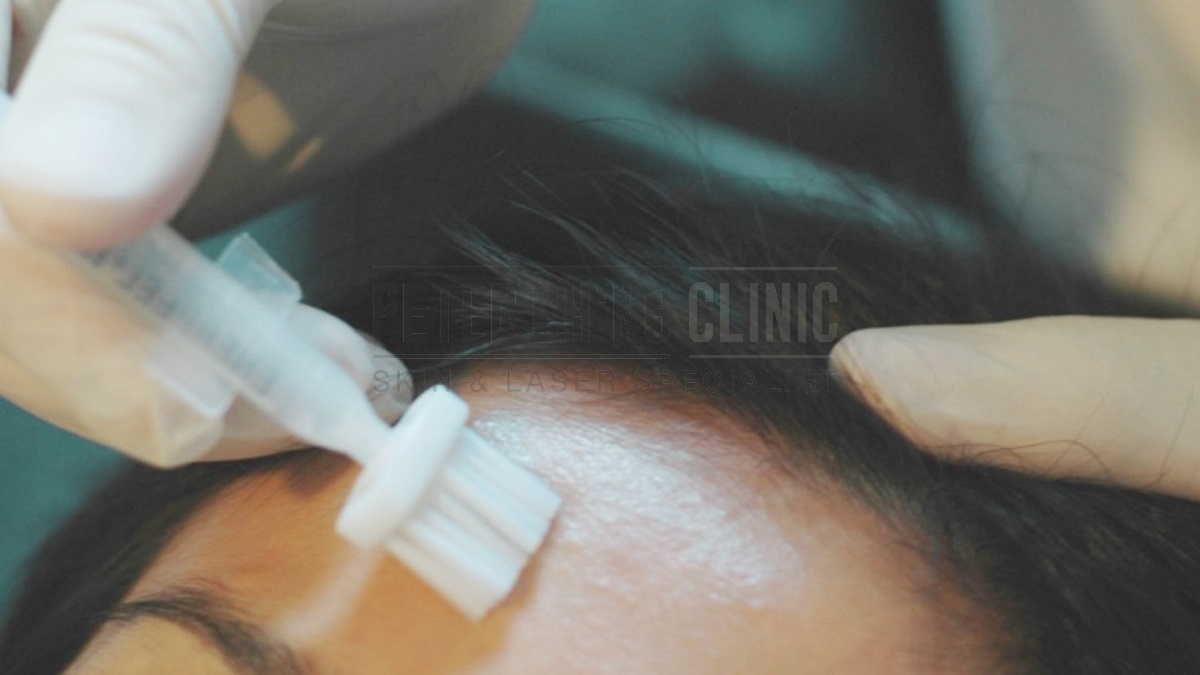
Chemical Peel
Chemical peels are acids that are applied on the skin to cause the skin to peel. This process stimulates the skin cells to regenerate faster and thus fastening the process of skin healing.
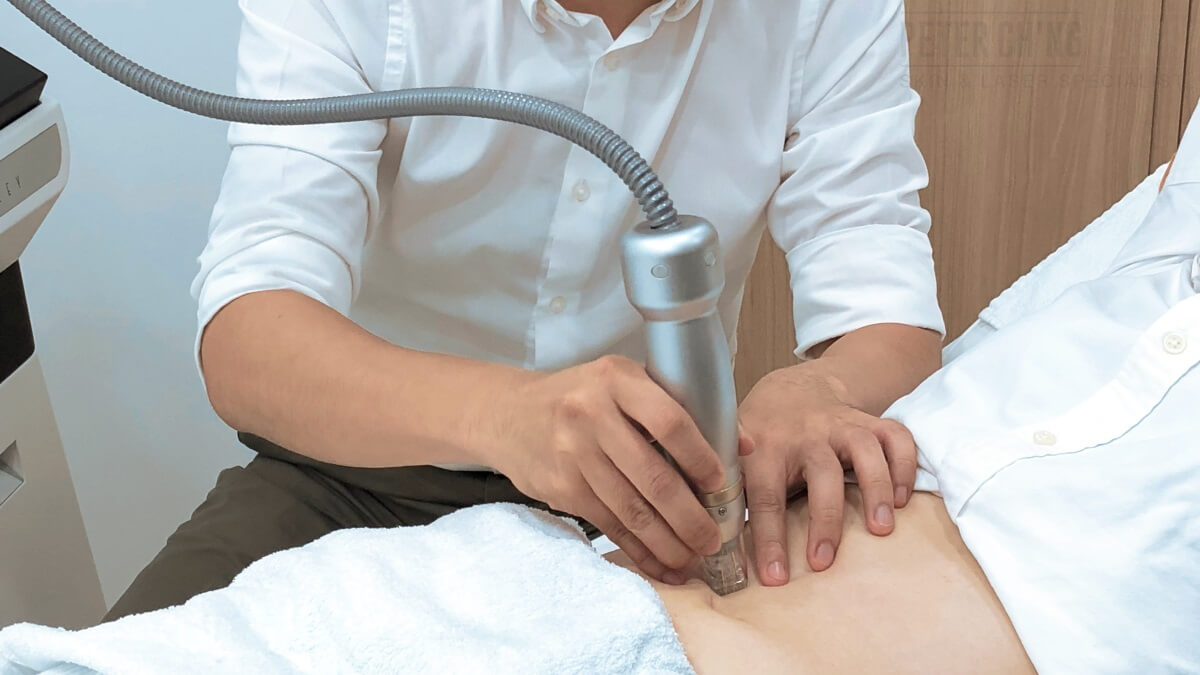
Radio Frequency Treatment
Radio frequency treatment uses radio frequency energy to penetrate the layers of the skin to treat various skin conditions like acne, sagging skin, and body fat elimination.
